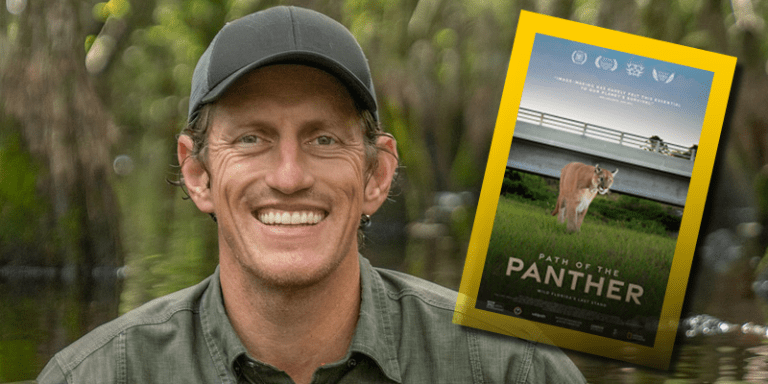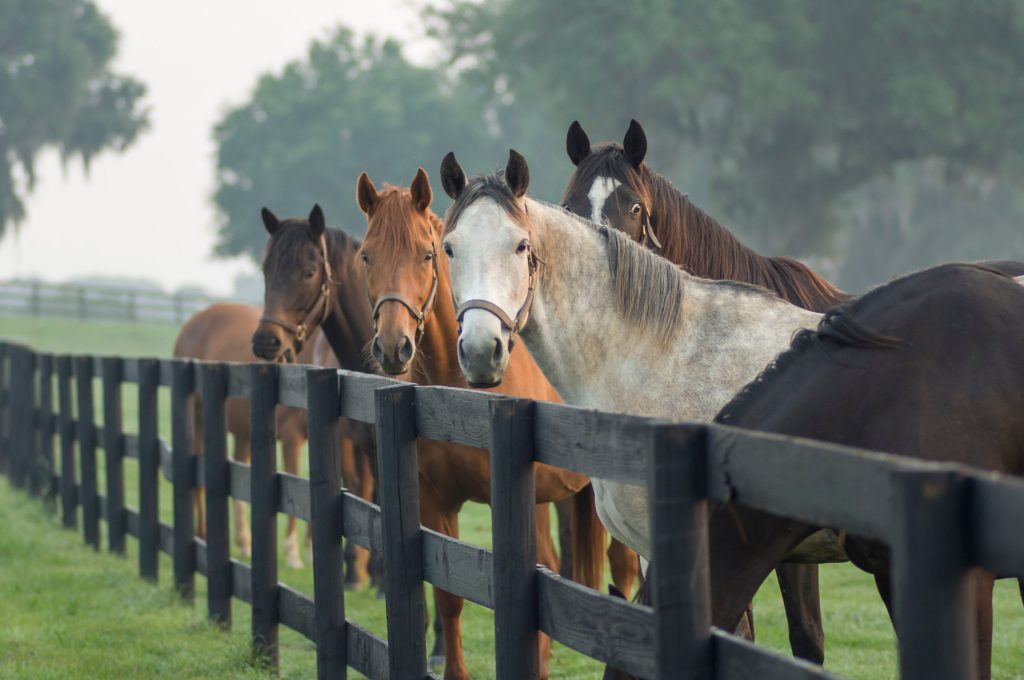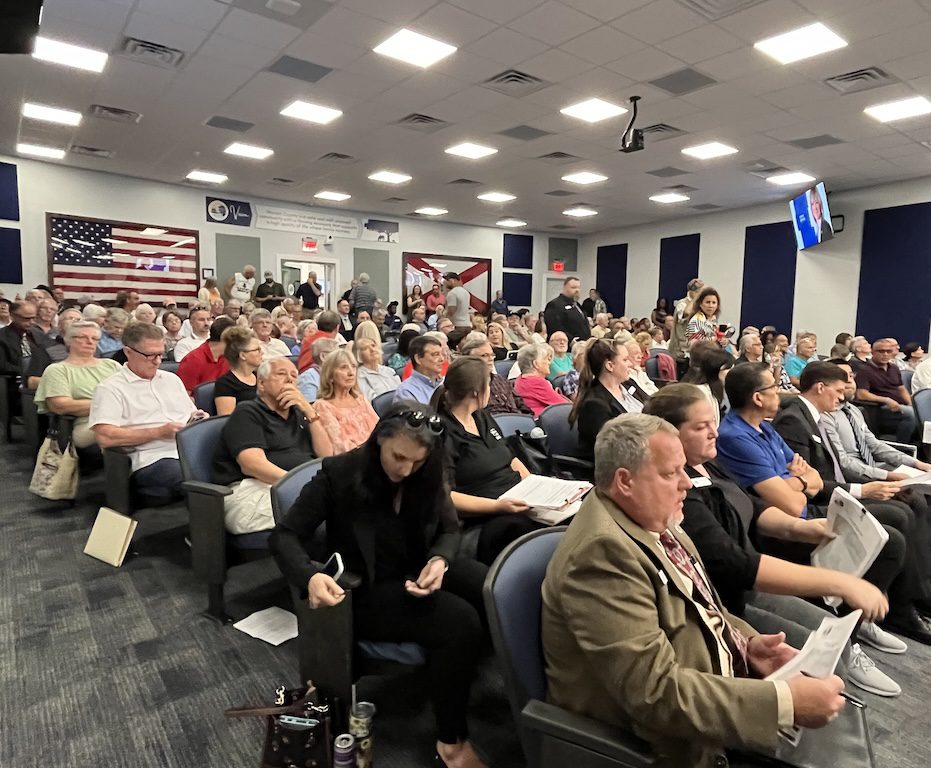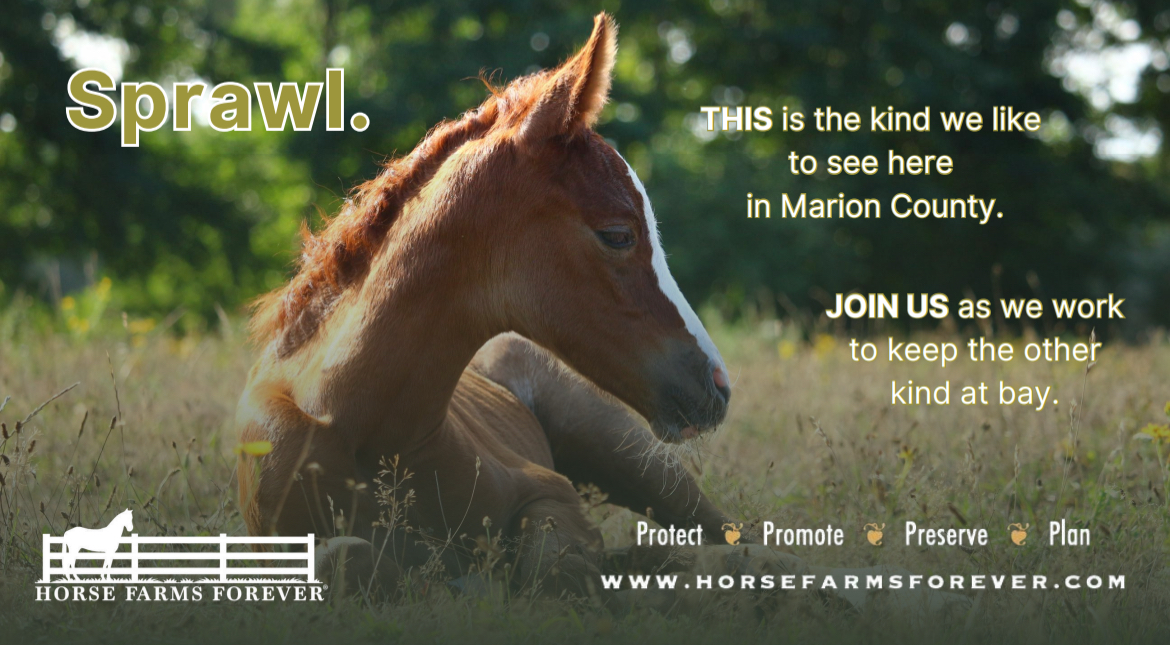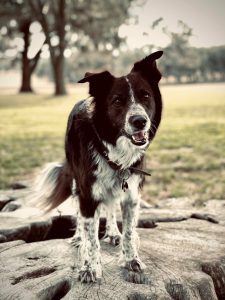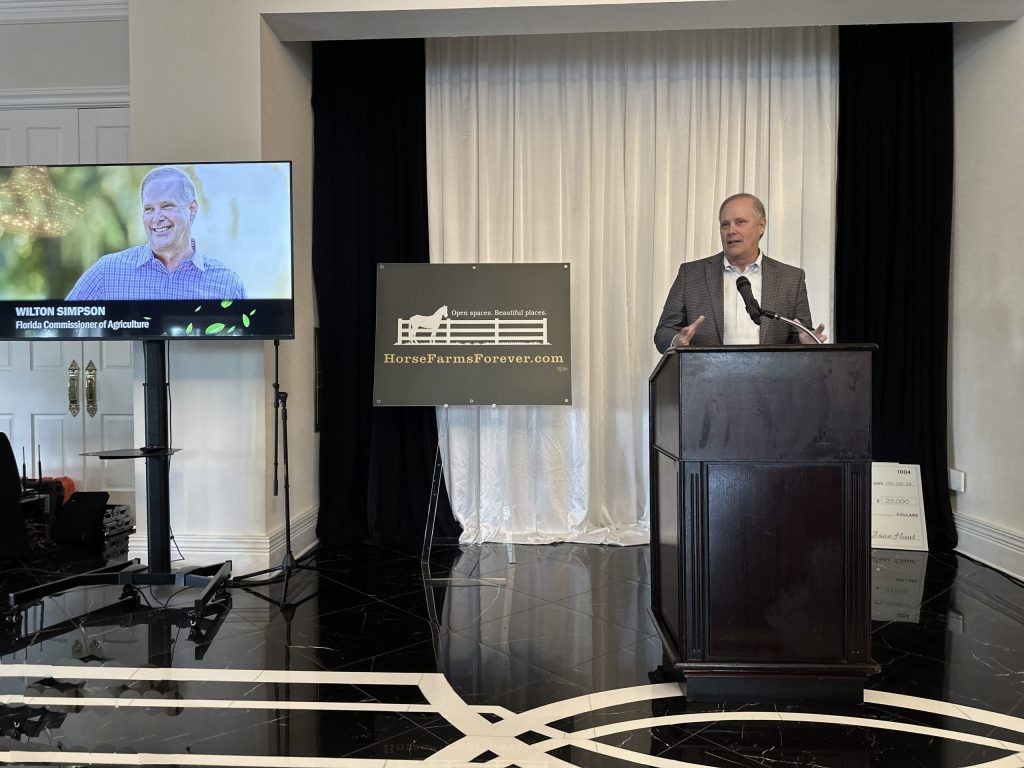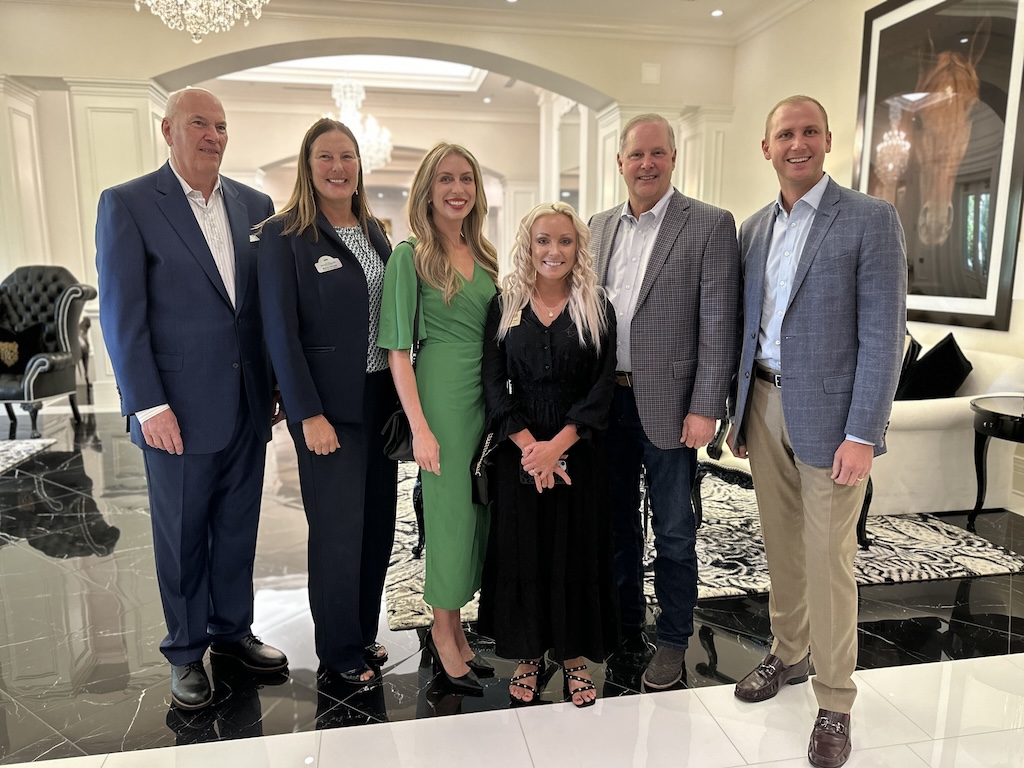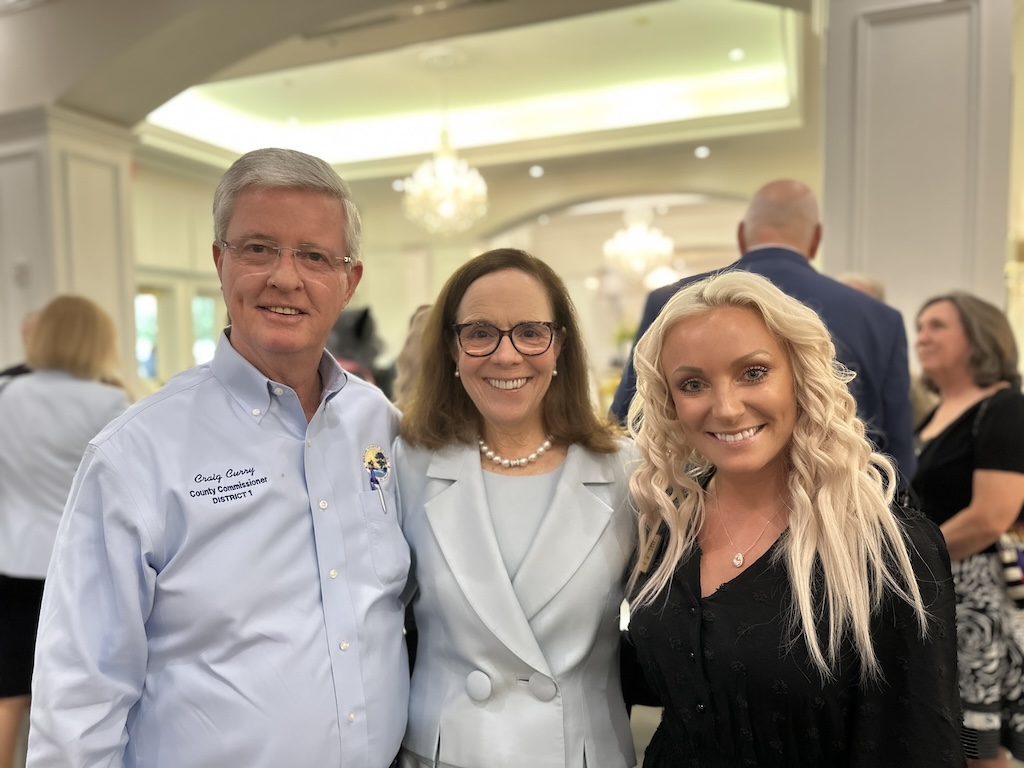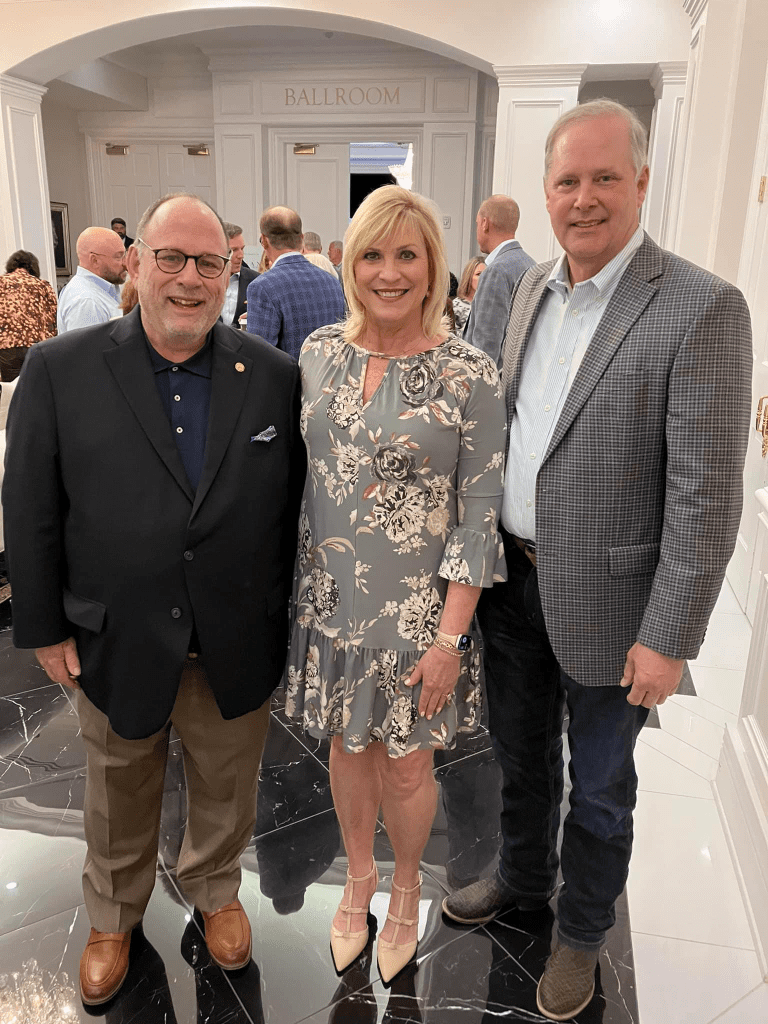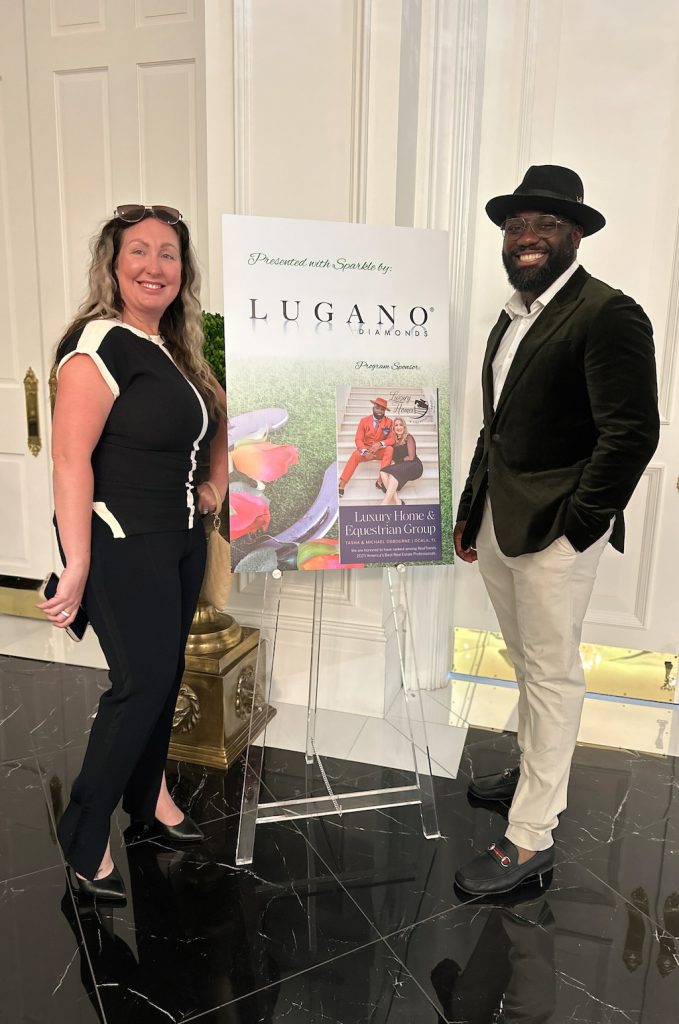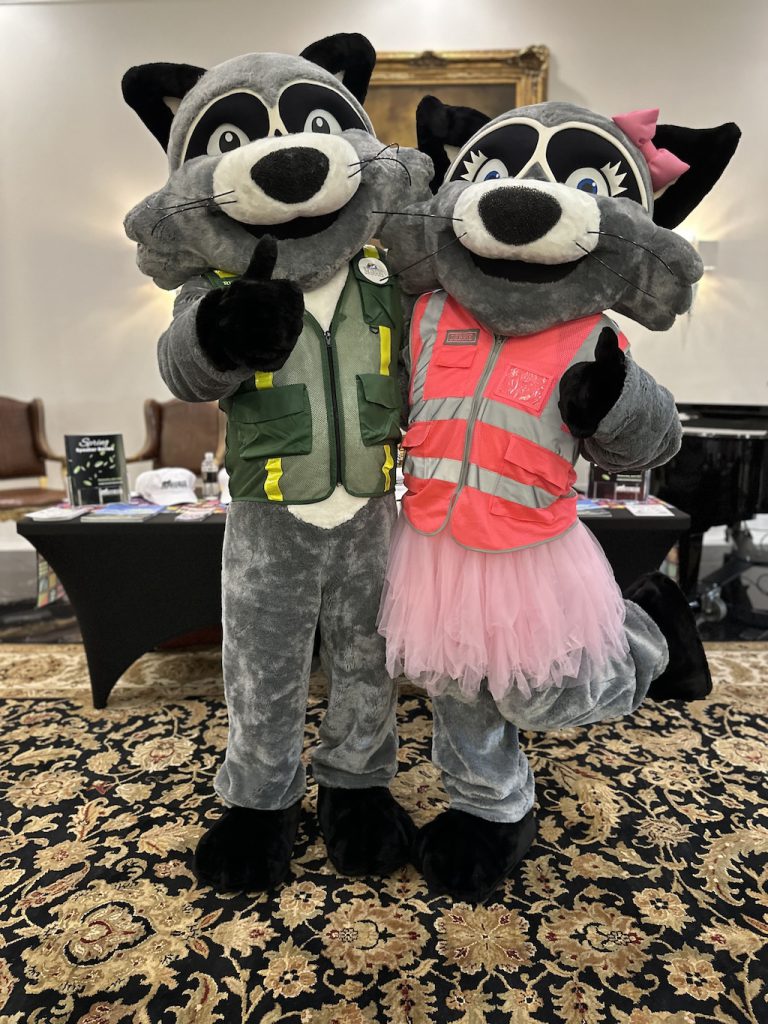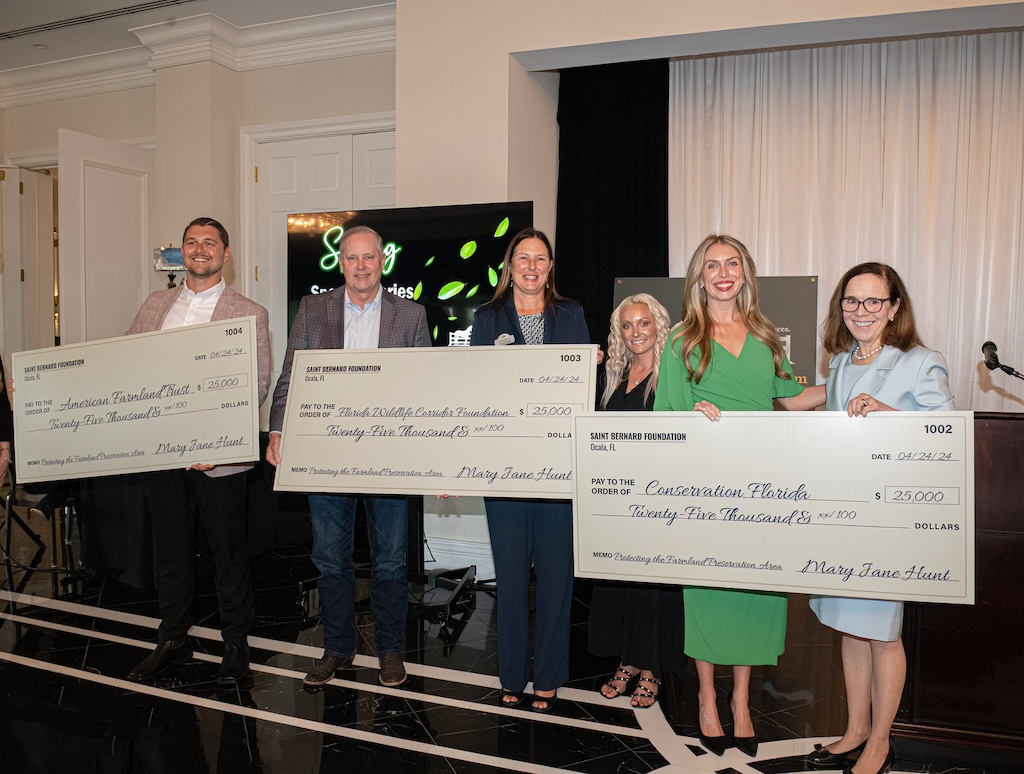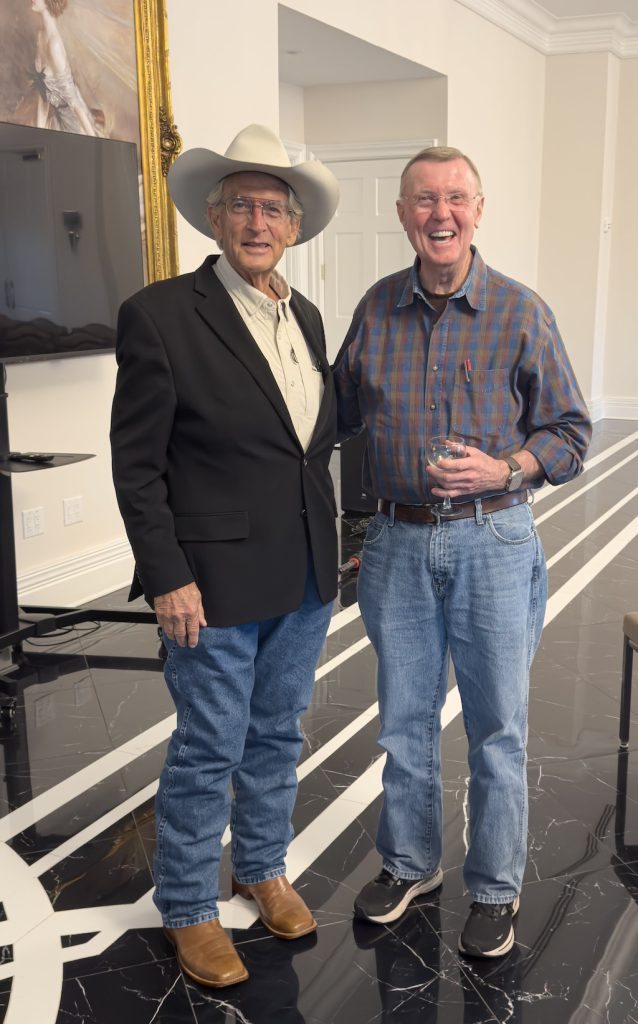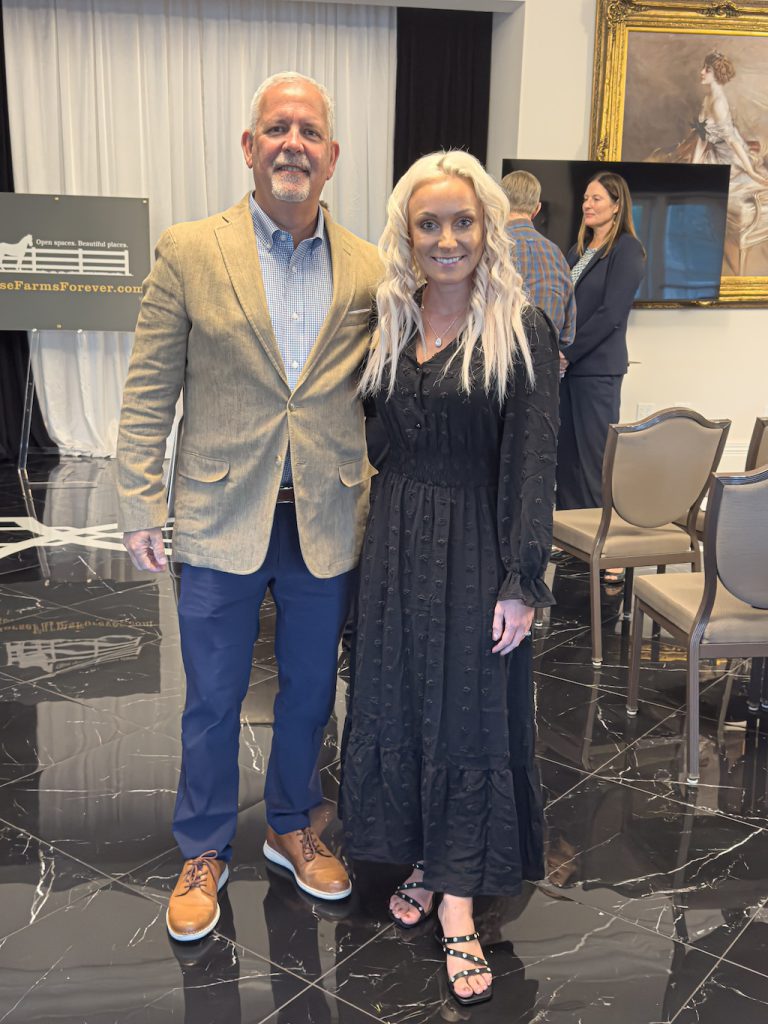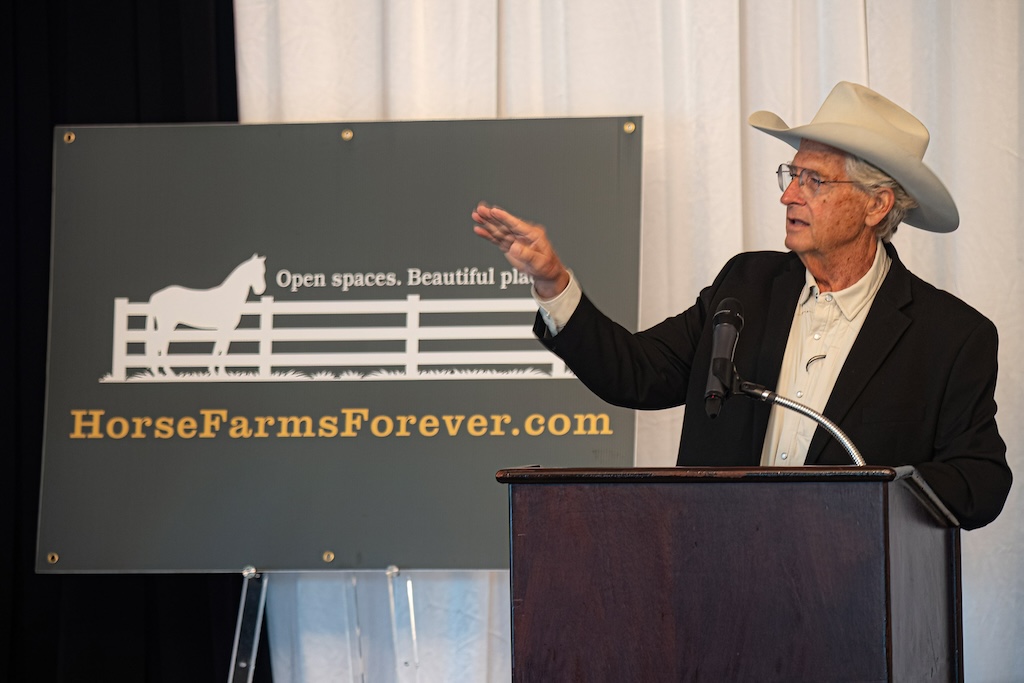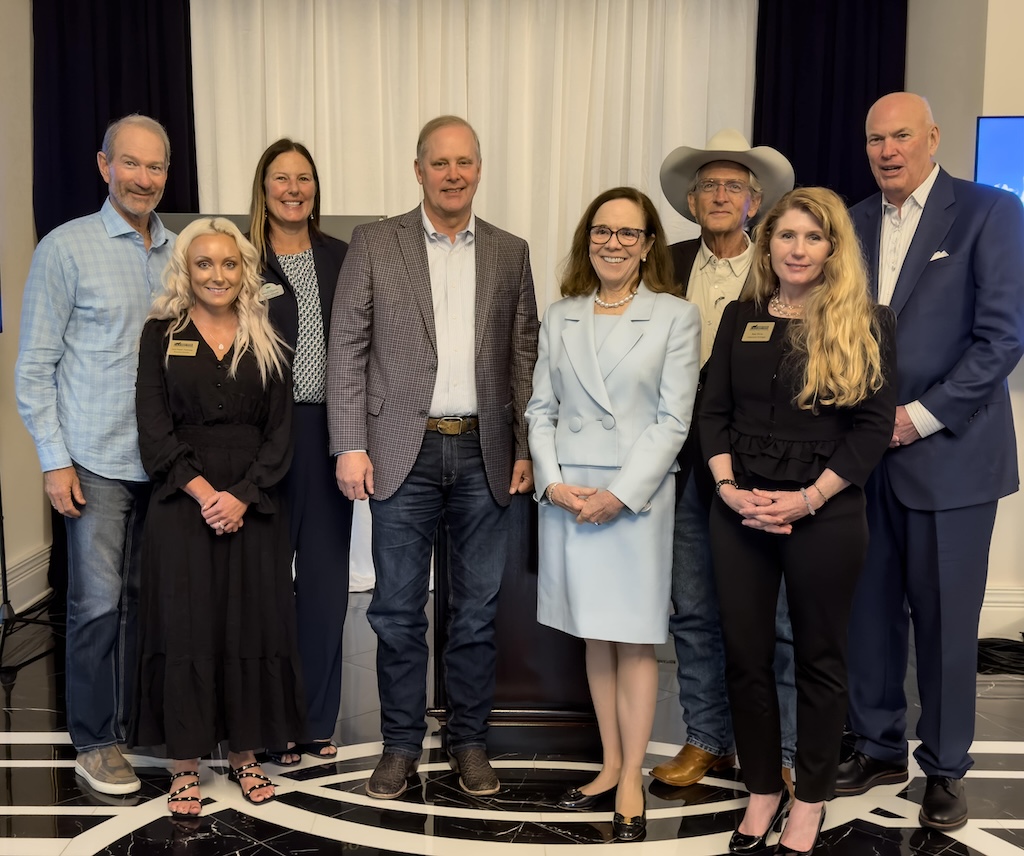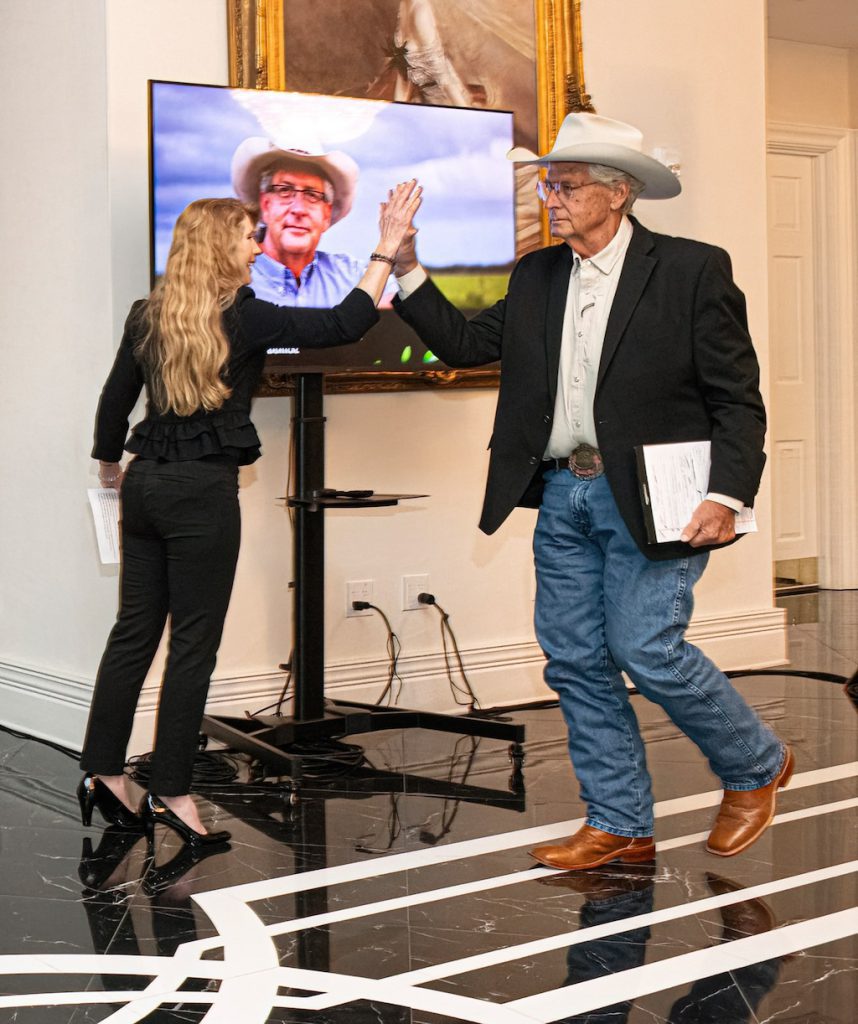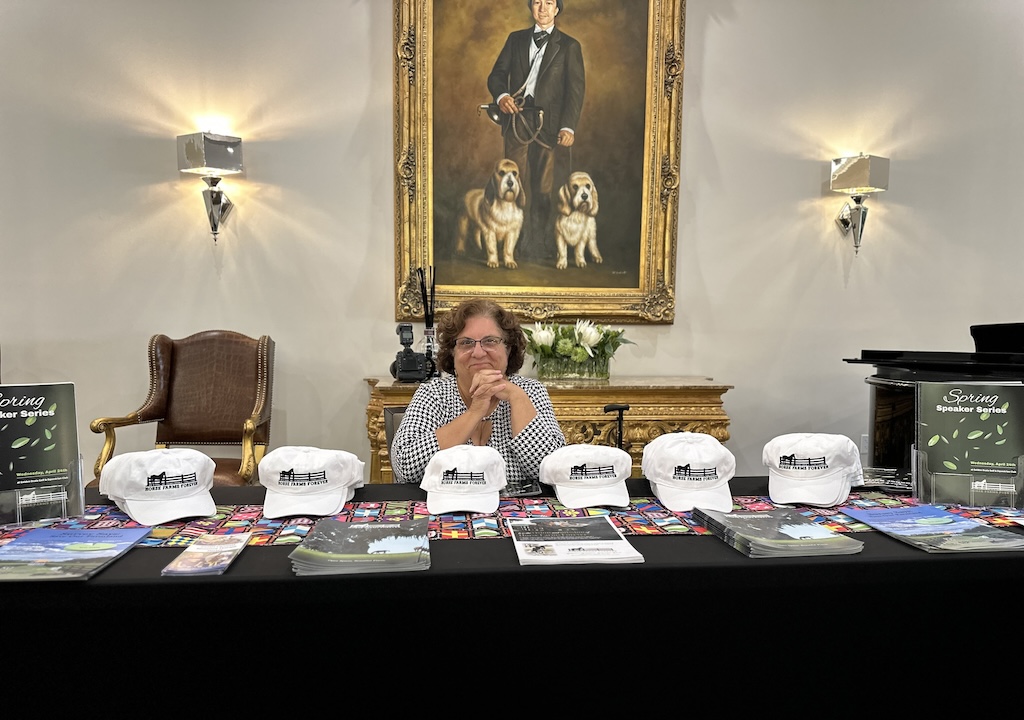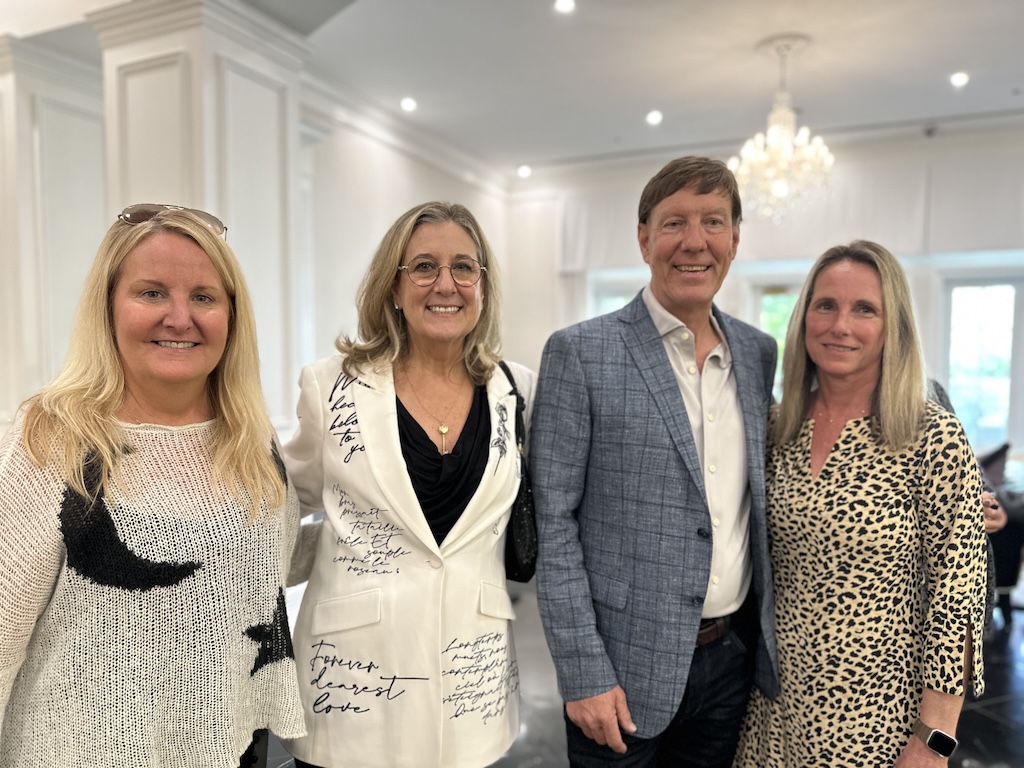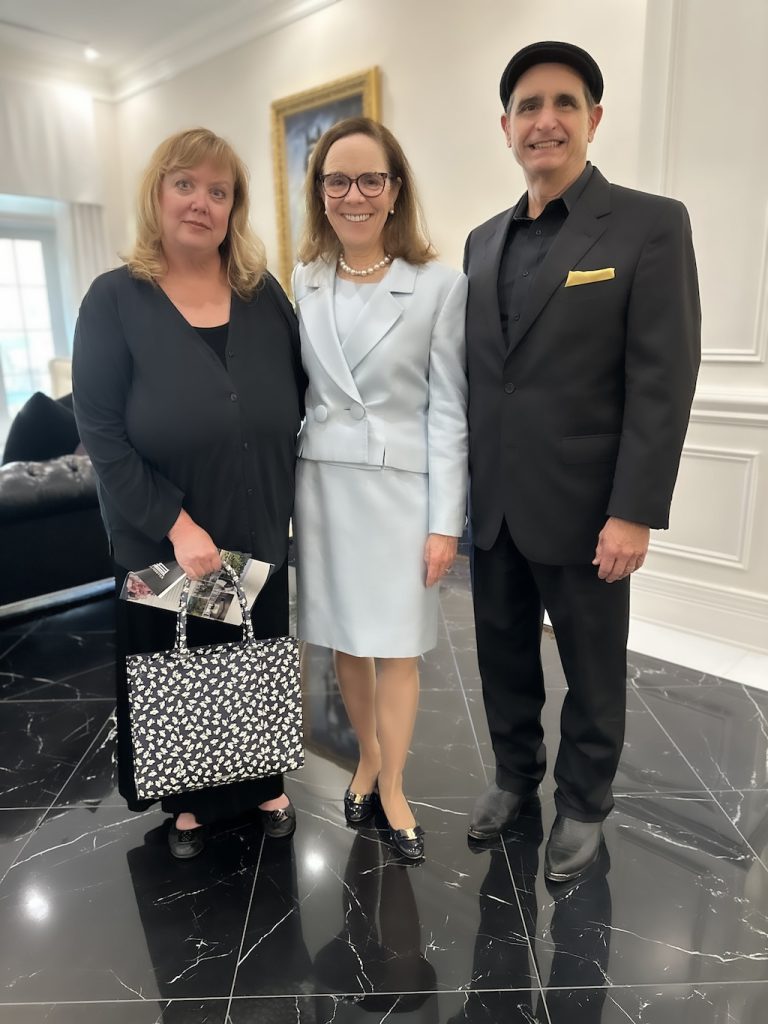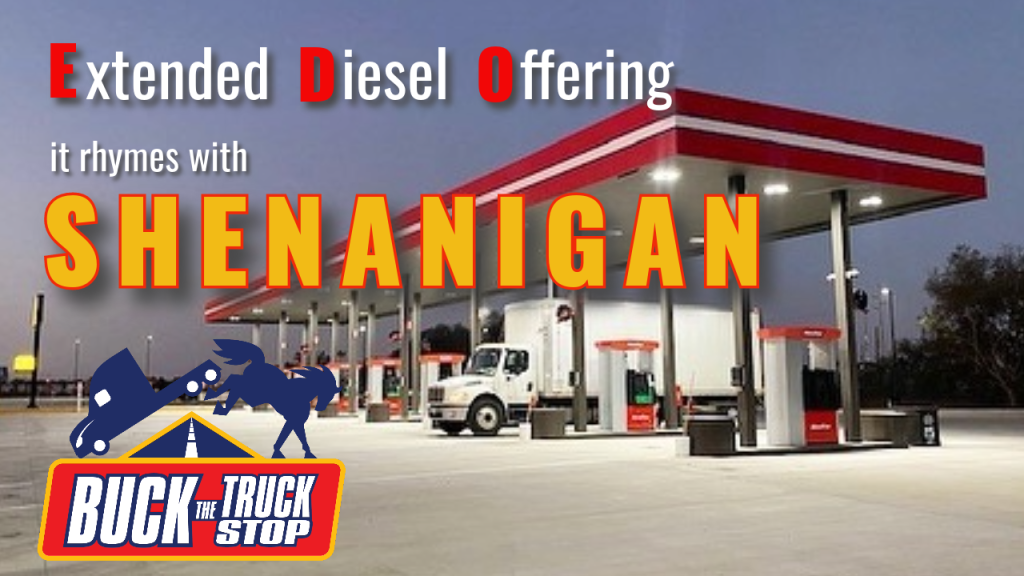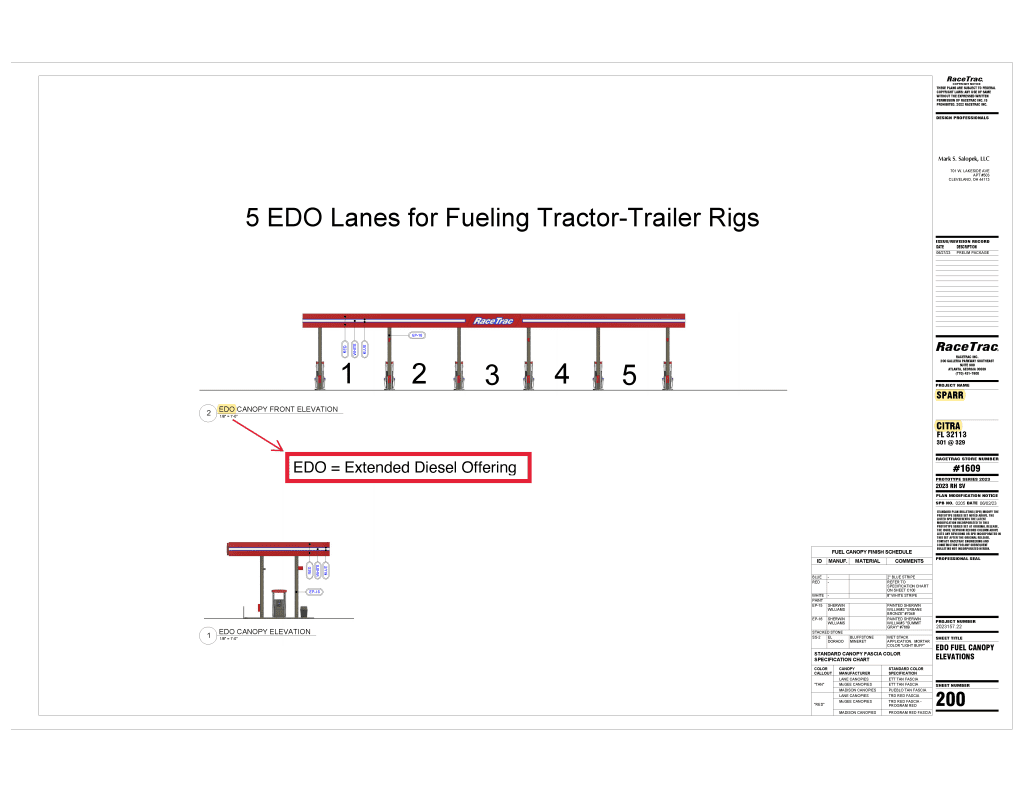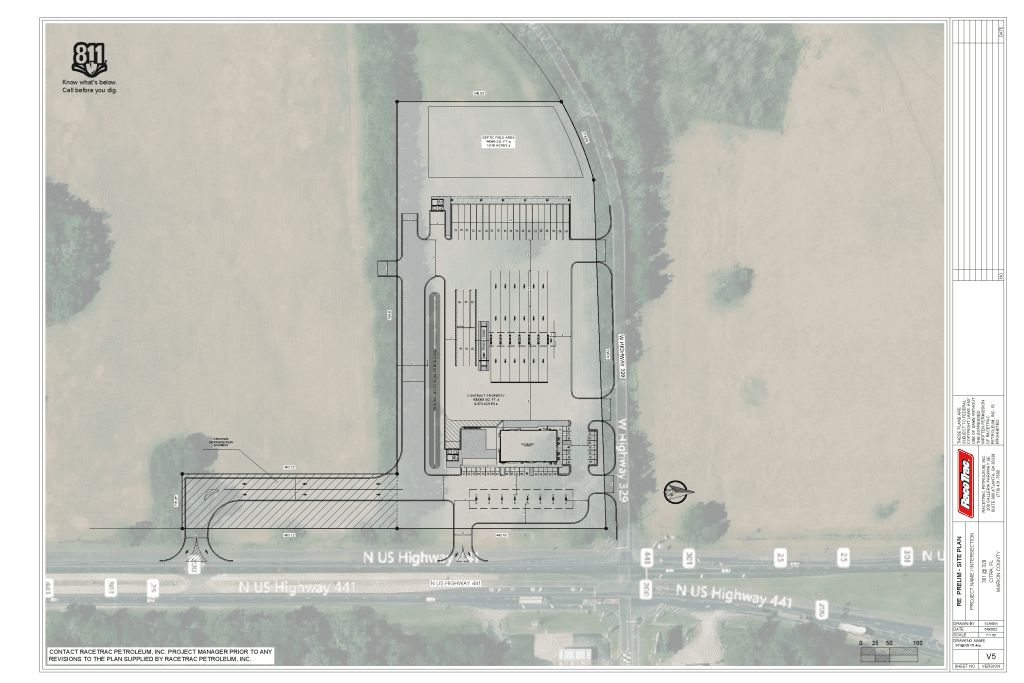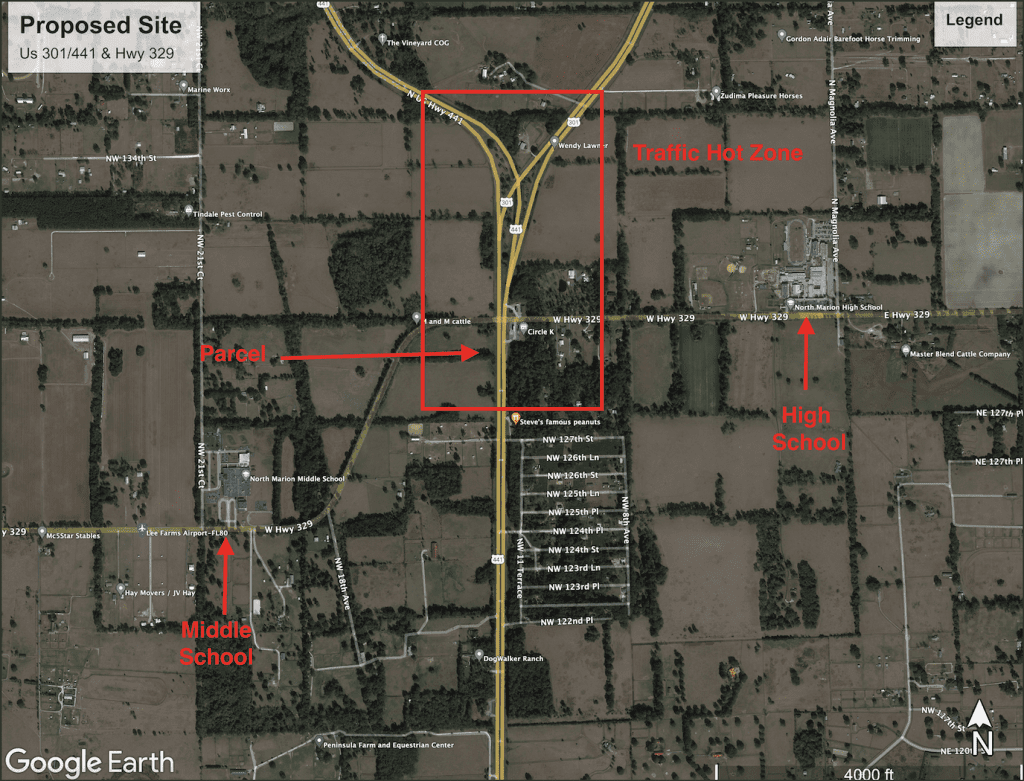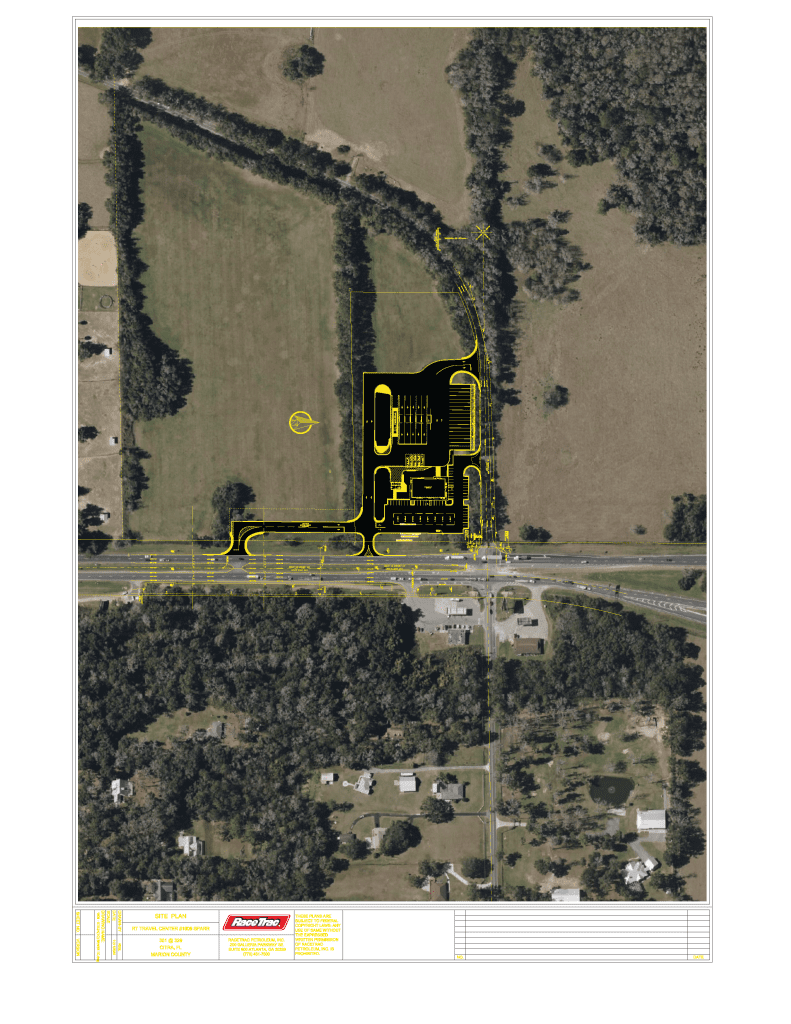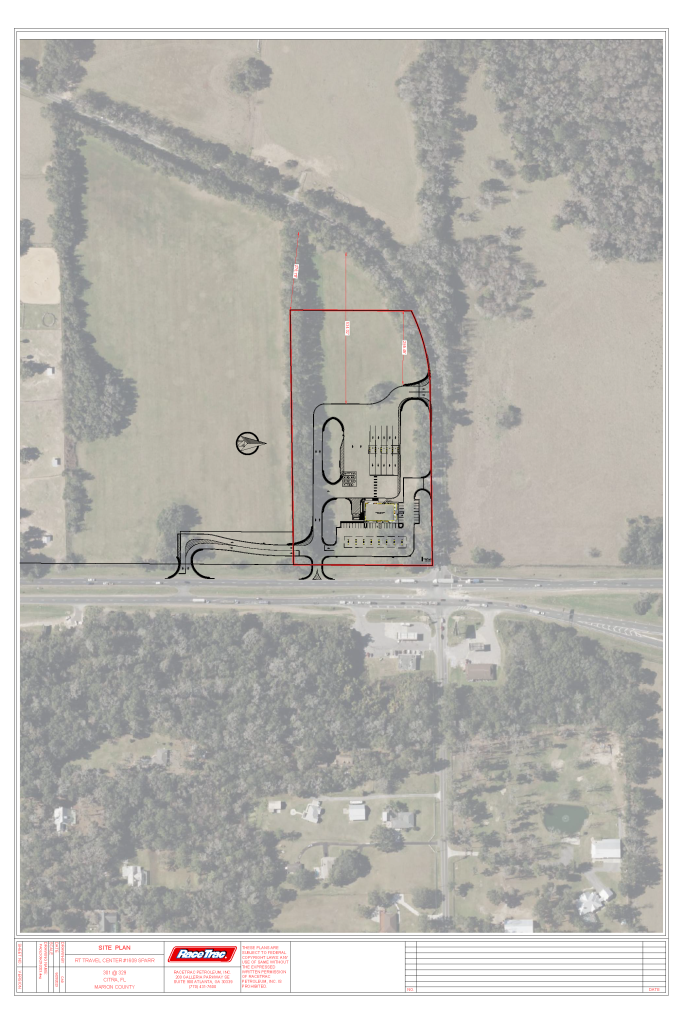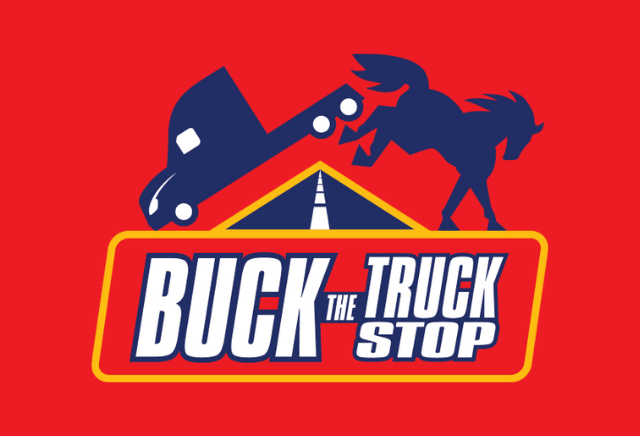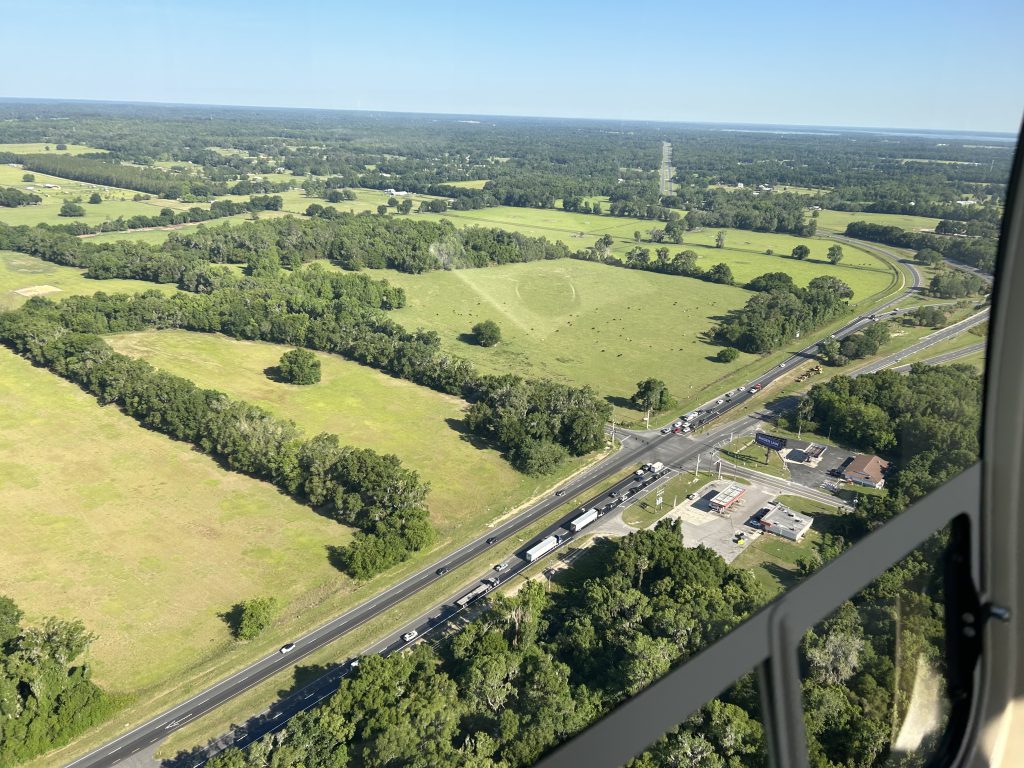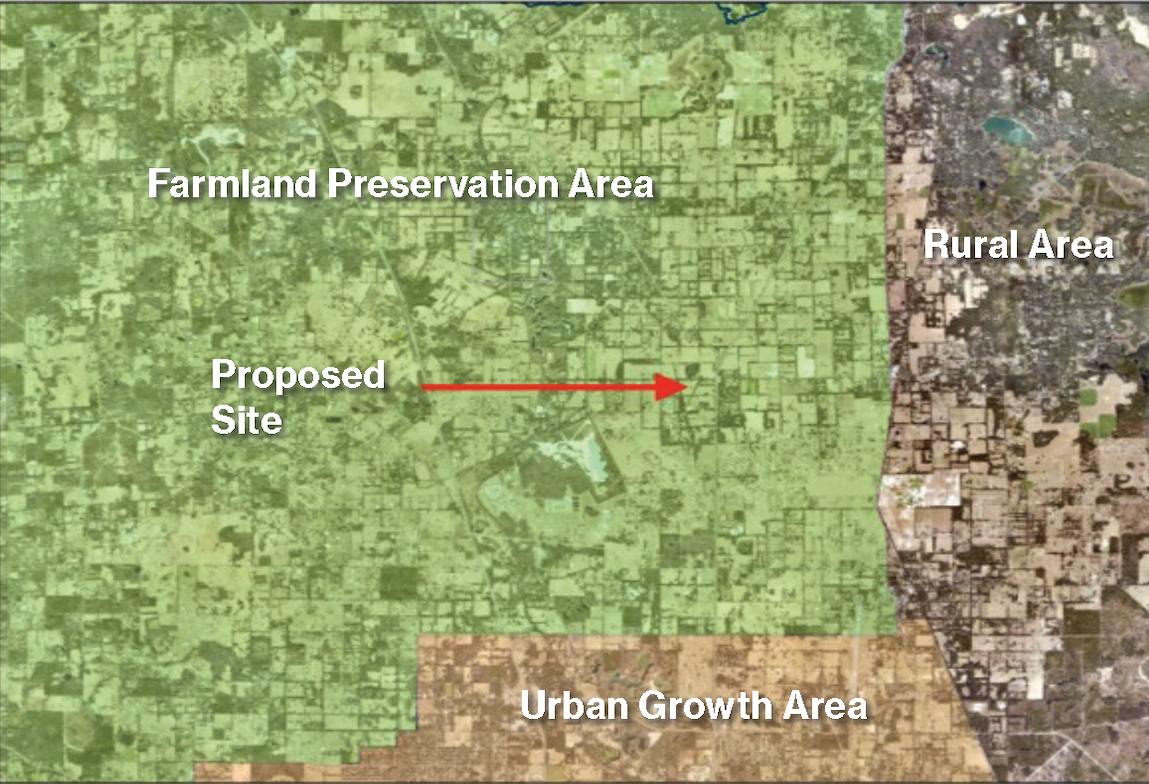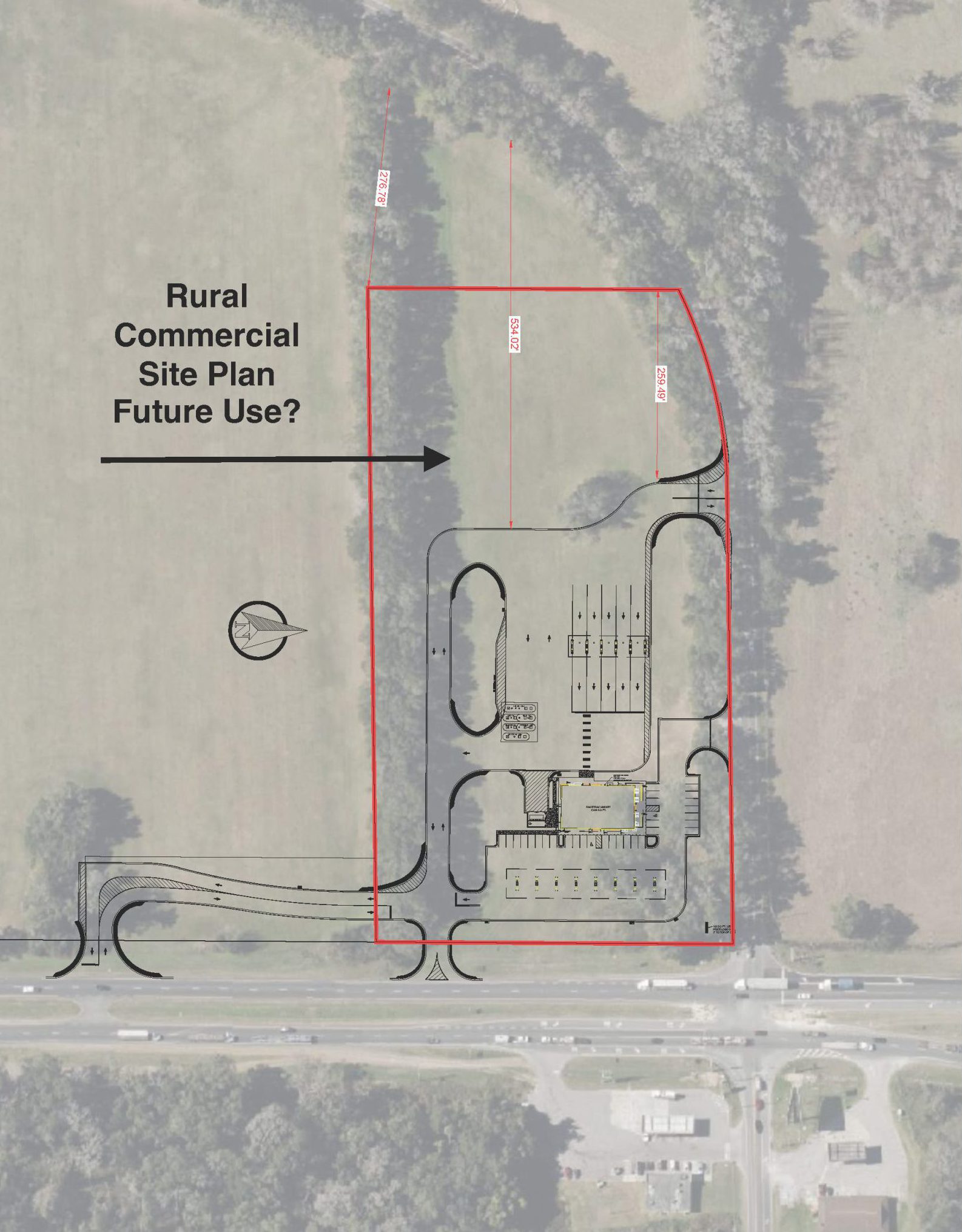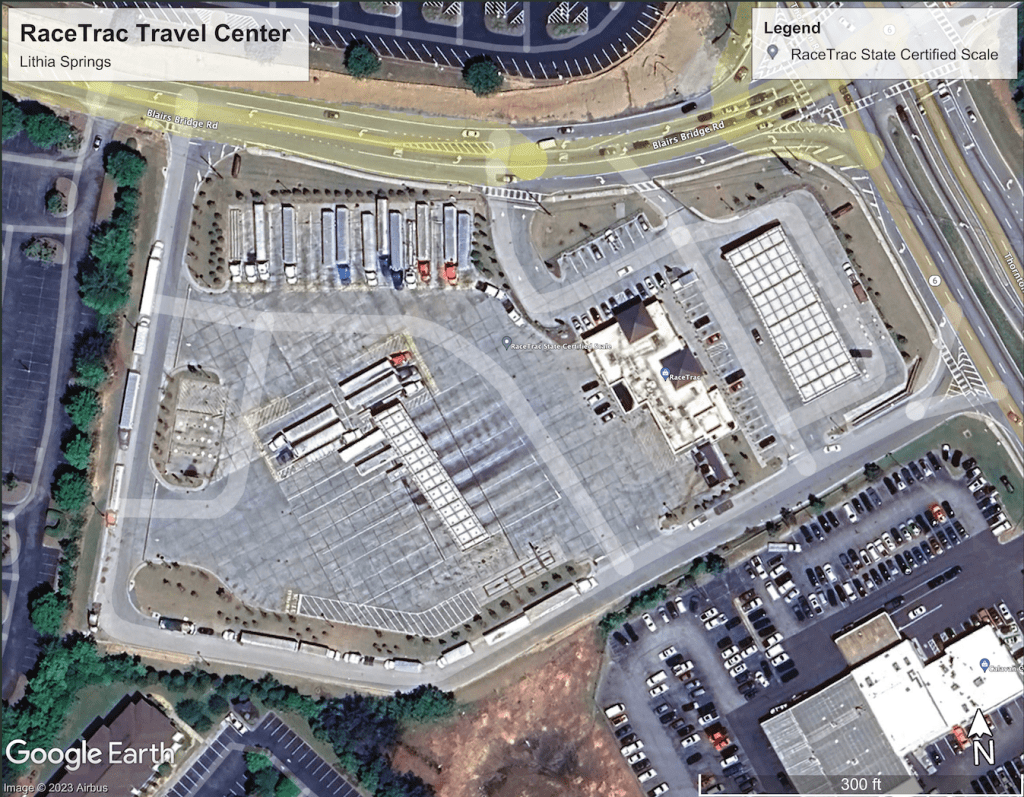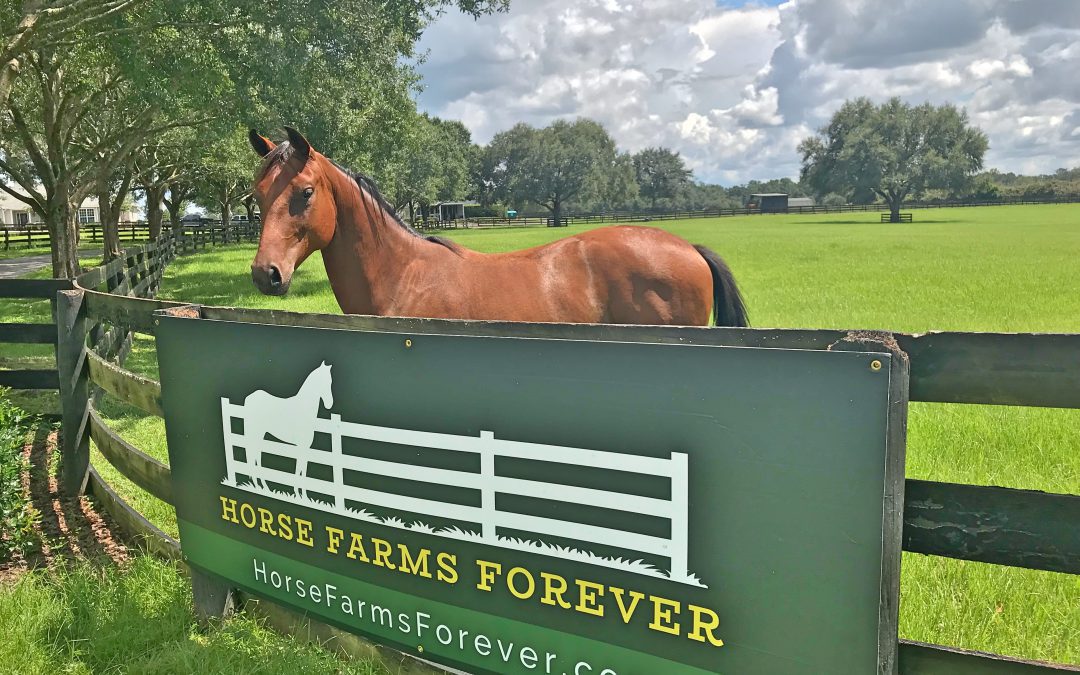
Horse Farms Forever® Celebrates Six Years
Iron Sharpens Iron
For a traditional sixth anniversary gift, iron is given to symbolize strength. Horse Farms Forever® was founded six years ago to gather the community in opposition to a proposed toll road right through the Farmland Preservation Area. While the toll road was stopped, development pressure has only increased. In these six years, growing community support for protecting Marion County’s iconic landscapes has strengthened the commitment to our mission.
We have worked hard to develop strong relationships and support from a broad spectrum of the community, including large and small horse farm owners, realtors, developers, and business owners. This collective strength and shared wisdom of our members has given us a seat at the table and the opportunity to impact land use decisions and to inspire the conservation of horse farms.
We are helping to build a Marion County land conservation success story. Here’s a review of the latest chapter:
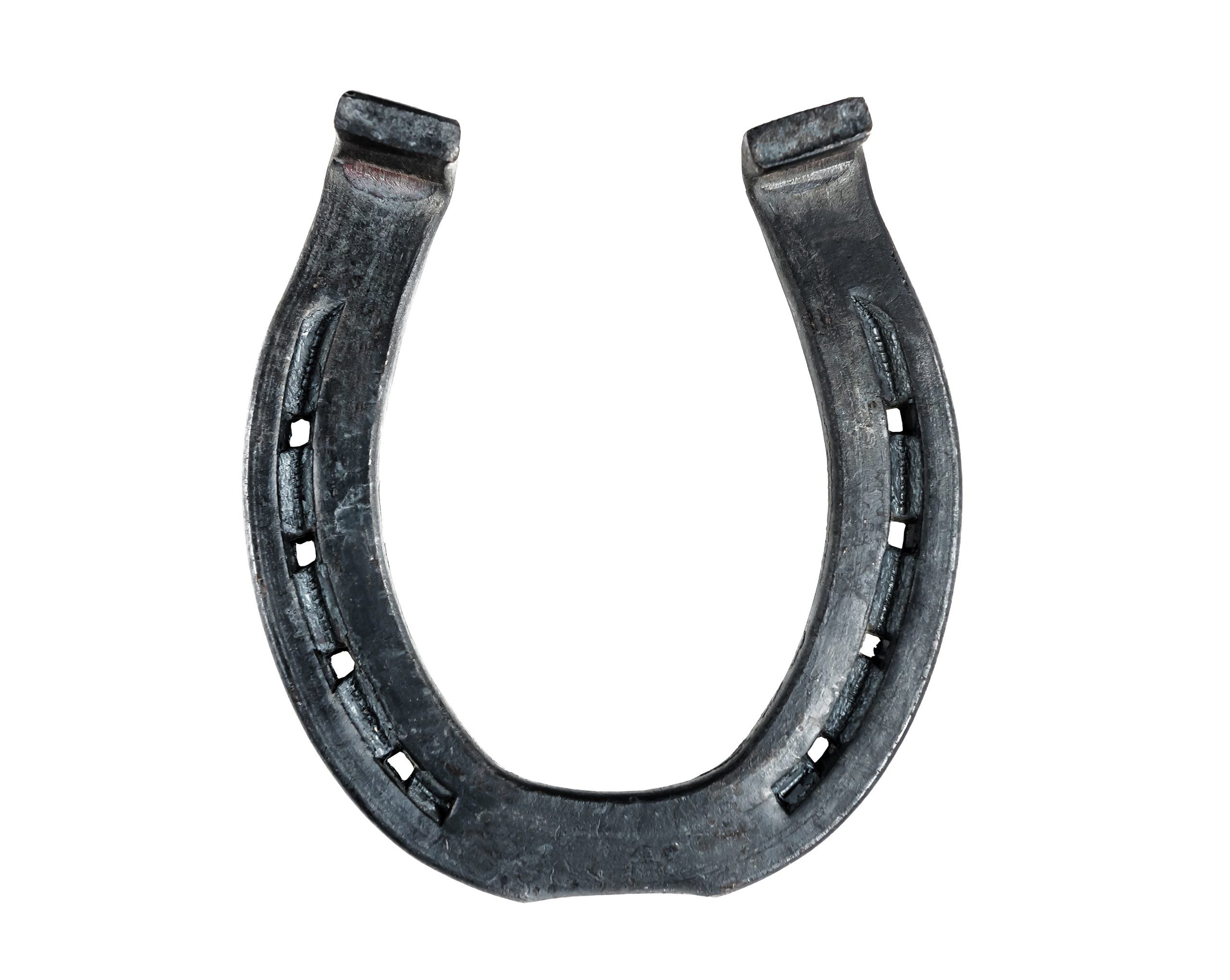
Advocating for Smart Growth
Our most high-profile role is in advocating for smart growth and development. We monitor all development, zoning, land use and special use permit applications made to the County with a focus on any that could affect horse farms and the Farmland Preservation Area. When a proposed development threatens the Farmland Preservation Area, or is located outside of the County’s Urban Growth Boundary, HFF has been there at every meeting with the best professional support available that looks at all of the angles. Our goal in advocating for smart growth is to minimize land use conflicts, and thus, we also work toward making policy changes in the Comprehensive Plan and Land Development Code to help prevent future incompatible development applications.
This year we worked with the community to oppose the proposed RaceTrac truck stop deep within the heart of the FPA. This proposal would have opened pandora’s box, subjecting all parcels within the FPA to intense commercial development.
We also led the charge in halting the Jumbolair Aviation Community proposal to build 200 airplane hangars on rural lands which would have subjected the FPA to a never ending air-raid.
This Spring, we developed a campaign to bring awareness to an application to build a 500-vehicle storage lot on 15 acres directly adjacent to the Cross Florida Greenway. The application was withdrawn just an hour before the public hearing started.
In 2022, HFF successfully amended the Marion County Comprehensive Plan to add further protections to the FPA by more tightly defining rural character and compatible land uses. We have recently applied to amend the Marion County Land Development Code to add further protections from subdivision of rural parcels in the FPA.
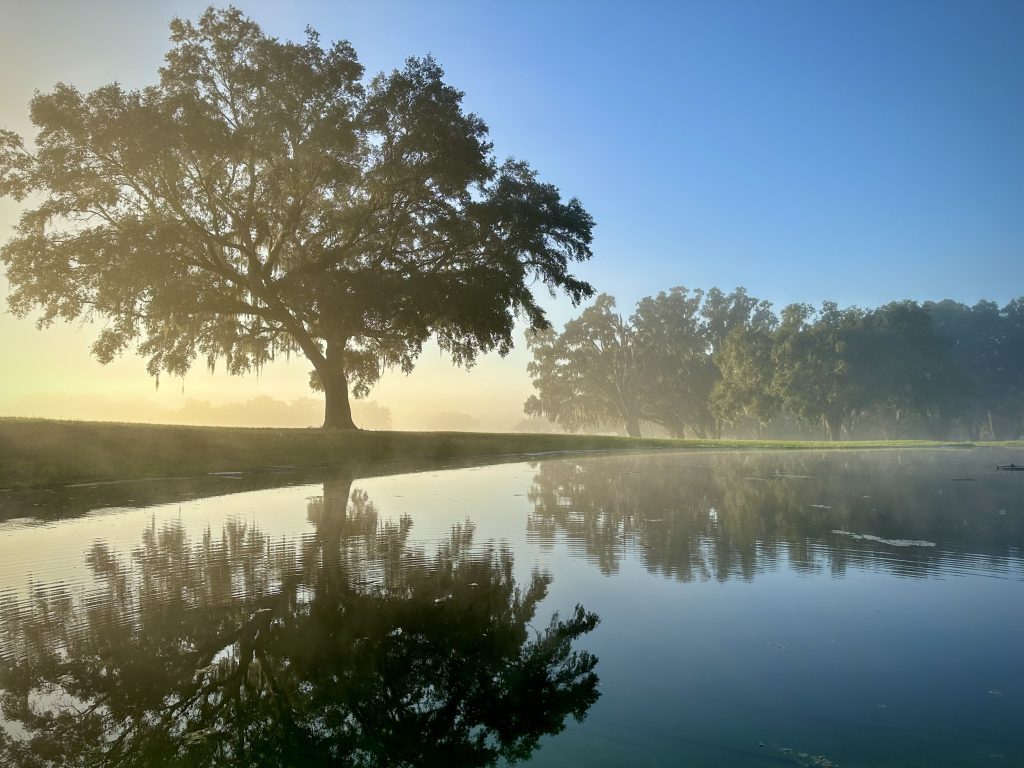
Photos by Elma Garcia (foreground) and Mark Emery (background).
Protecting our Water and Springs
Finding a balance to growth and protecting our iconic landscape is paramount to protecting our farms and billion-dollar equine industry, which relies on the expansive pastures with mineral rich soils and water. The Farmland Preservation Area serves as the first line of defense in protecting two of Marion County’s First Magnitude Springs – Rainbow Springs and Silver Springs. In addition, the County is home to abundant natural resources, including two-hundred miles of trails for hiking and biking, and equestrian use, more than 150 miles of streams and rivers, and over 25 second and third magnitude springs.
HFF is working with the county leadership and other stakeholders to refine the Transfer of Development Rights Program to make it more effective and functional, adding further protections to the FPA with conservation easements.
Guiding Growth Inside the Urban Growth Boundary
To help guide growth, HFF will be actively participating in Marion County’s evaluation of the Comprehensive Plan through a process known as an Evaluation and Appraisal Report, or in short, an ‘EAR’. These meetings are open to the public. Click below for the community meeting schedule:
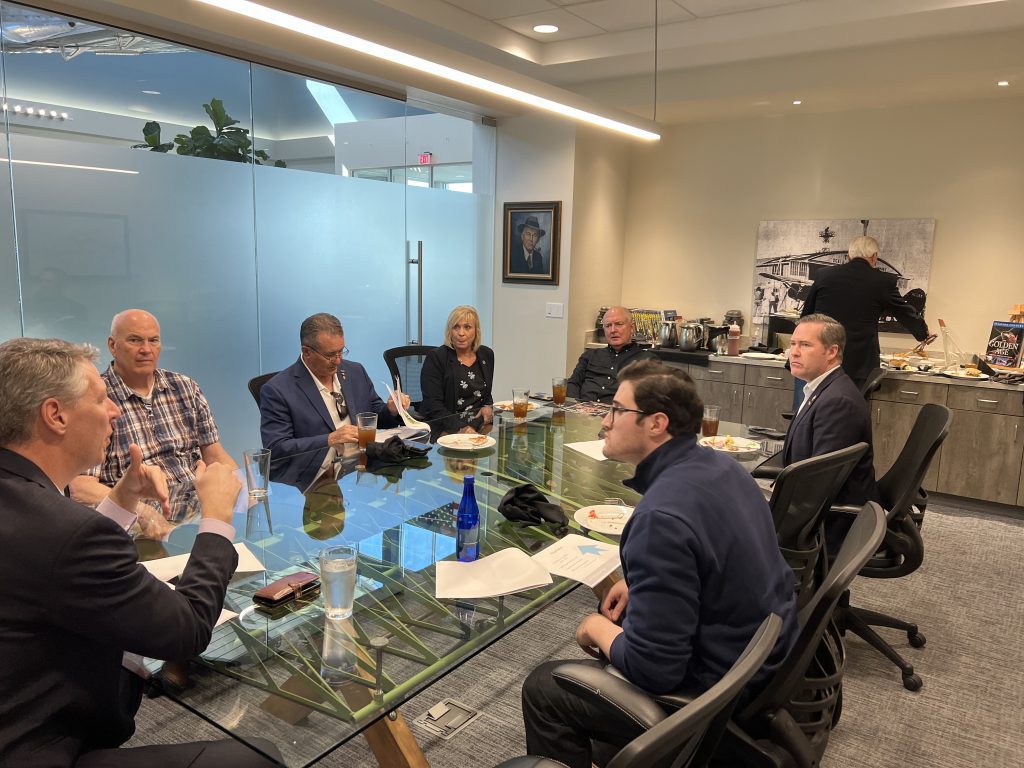
Conversations About Conservation
Two of the most successful events over the past year include the 2023 Conservation Summit featuring Carlton Ward, Jr., and the 2024 Spring Speaker Series featuring Florida Commissioner of Agriculture Wilton Simpson and Florida Cattleman Jim Strickland. These events help create a community dialogue about conservation and inspire a culture of land preservation in Marion County.
In 2023, HFF held our Fourth Annual Conservation Summit featuring Carlton Ward, Jr., a National Geographic Explorer, who inspired us with his stunning photography and film of the Florida Wildlife Corridor. Over 500 people attended and the Summit was also supported by over 60 businesses and organizations!
Iron Clad
With the iron clad support from the community and a growing land conservation ethic in Marion County, we can celebrate our 6-year anniversary knowing that our efforts have made a difference to help preserve the landscape that supports our 4.3 billion dollar equine industry and defines the character and culture of the Ocala area.
Cheers!
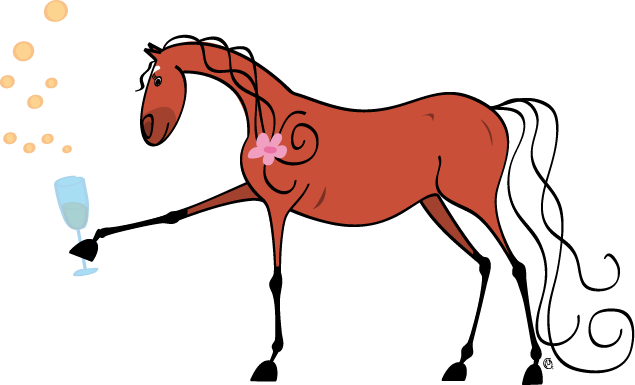
Contact the County about the EAR:
For any additional questions regarding the EAR process, please email Planning@MarionFL.org with your subject line including 'EAR' or call us at 352-438-2675 & ask for a planner.
The workshops will be livestreamed. Check the County’s agenda webpage for the link: https://marionfl.legistar.com/Calendar.aspx




